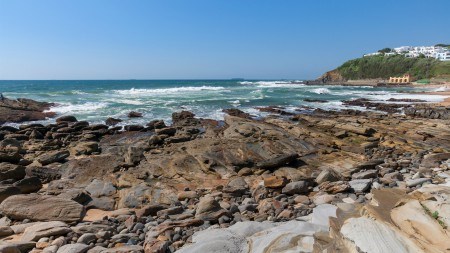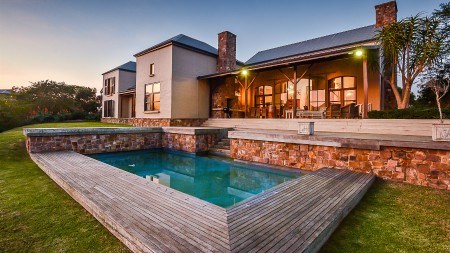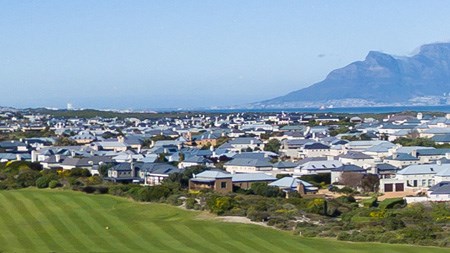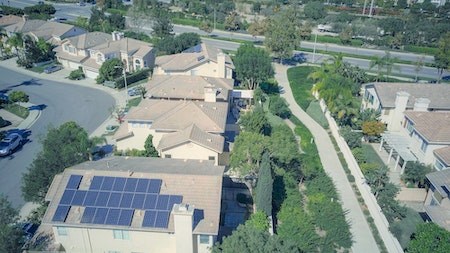Eco Estates are housing developments that have a sustainable lifestyle focus and have been built around some form of nature conservation. Many of these estates have popped up along the KZN North Coast.
The trending school of thought for this age is striking the ideal balance between work and play – with the scales tipping in favour of leisure activities over fixed business hours. Modern technology has created the opportunity for remote working hours, which is enabling more and more people to work from scenic places of their choosing rather than in a fixed office. Enter the concept of the Eco Estate…
“Eco Estates have become the current trend in developing real estate – particularly in areas rich in natural beauty,” says Adrian Goslett, Regional Director and CEO of RE/MAX of Southern Africa. The Eco Estate is the Tesla Model S of real estate. Attractive and eco-friendly, Eco Estates are housing developments that have a sustainable lifestyle focus and have been built around some form of nature conservation. According to Goslett, these sorts of estates have popped up all across South Africa, particularly along the North Coast of KwaZulu-Natal.
“As more and more of the area gets developed, there has been the ever increasing demand for lifestyle/eco estate living. We have had the privilege of being involved in the sales on most of the estates along the Dolphin Coast, including Simbithi Estate, Zimbali Coastal Estate, Dunkirk Estate, Brettenwood Estate, and the latest one that has just been launched: Elaleni, a very exclusive estate in Sheffield Beach,” says Simon Peacock, Broker/Owner of RE/MAX Dolphin.
“All of the estates embody a ‘green’ ethos with a particular focus on reducing the impact we have on our natural resources. Architects working within these estates aim to design energy efficient homes that reduce the homeowner’s carbon footprint. There is also a big demand for estates to develop around our environmental assets, such as our coastal forests, for example. These resources then act as the draw card and present an attractive lifestyle element to potential buyers. Some of the major estates have become very creative in what they offer in terms of lifestyle: from fishing dams to mountain bike trails, horseback riding and club houses targeted at various age groups,” Peacock explains.
With such a description, one might easily be lead into thinking that the majority of homeowners in these estates would be holiday home buyers. But, while the KZN coast does still attract many within that market, the eco estate seems to be drawing in families who are moving out of Durban central and Umhlanga to live up the North Coast. “There is a big move North since many businesses have moved from Durban CBD to Umhlanga. Interestingly, since the airport moved to 10 min outside of Ballito, we have also seen families from Johannesburg moving to our lifestyle estates while the breadwinner commutes to Johannesburg during the week,” Peacock remarks.
“Lifestyle estates are bringing back the ‘old-fashioned’ sense of community where you see children playing in the streets, exploring forests and fishing in dams. It is not difficult to understand their popularity,” Peacock concludes.





